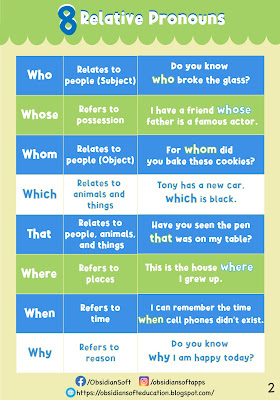Jolly Phonics Group 5 Worksheets

Hello friends, Yes, it took longer than expected to make my Jolly Phonics Group 5 worksheets. I was busy with some personal issues and lost track of time. I have promised myself to manage my time more efficiently from now onwards and I will be more diligent in making my worksheets. So, this is group 5 which covers 3 letter sounds and the two forms of /oo/ sounds i.e. short and long. The short sound is how /oo/ sounds in the word 'book' and the long /oo/ sound is how it sounds in words like ' moon ' . We also have our first digraph i.e. /ng/ (a digraph is a combination of two letters representing one sound). There is only one sound made by ng when we say the word 'long' . Actually, /wh/ is also a digraph as it makes the same sound as /w/. The following image shows the seven groups of Jolly Phonics along with an extra group (alternate spellings) taught by my Phonics app on Google Play Store. Phonics Fun is my android app available for free on Google Play Store...



